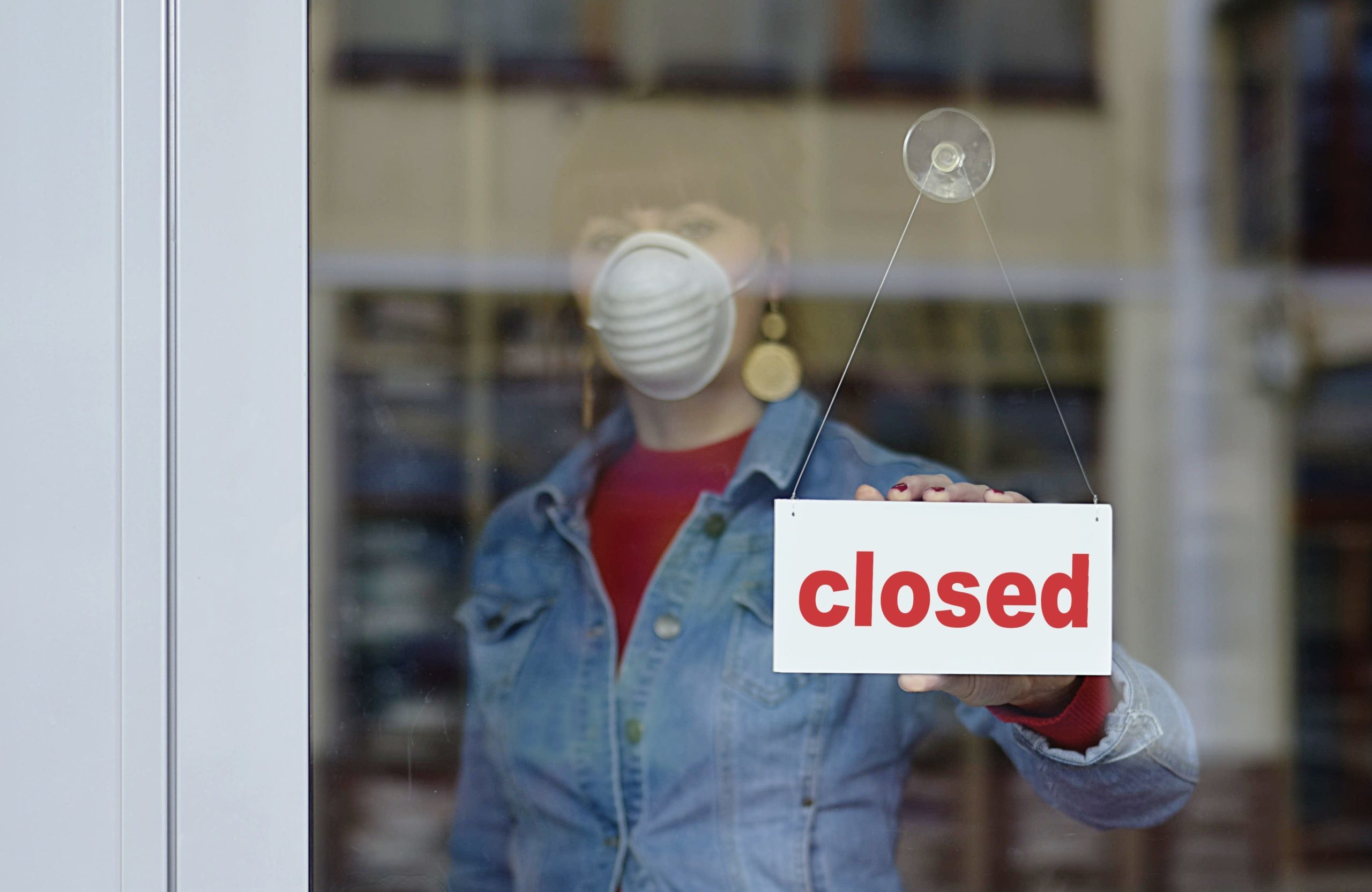By Letting Small Businesses Fail, the State Is Handing Power to Corporate Giants
by Grace Blakeley
2 April 2020

Research this week from a network of accountants suggests that up to one million small businesses – 20% of the UK’s total – will run out of cash before the coronavirus crisis ends.
This prediction provides yet more evidence of what we already knew; this crisis will fundamentally transform the UK’s corporate environment. When it finally ends, there will be fewer firms left, and those that remain will be much more significant, in terms of both size and political power.
Part of the problem facing small businesses is that they are finding it much harder to gain access to state-provided emergency loans than their larger peers. The Chancellor has made available £5m worth of Coronavirus Business Interruption Loans for small businesses through the UK’s pre-existing network of retail and commercial banks.
But small business owners are struggling to get through to their banks amid heightened demand for banking services. Many of those that do get through have their loan requests denied, despite their businesses having been in good health before the crisis hit. Others are being approved, but at extortionately high interest rates – some as high as 30%.
Over the last decade, extremely loose monetary policy has made borrowing – whether for government, or households and businesses – cheaper than ever. In the context of stagnant productivity and low growth, many businesses have taken advantage of this cheap debt just to get by – total credit to UK businesses reached 81.5% GDP in the third quarter of 2019, far before the crisis hit.
But whilst borrowing has, in general, been cheaper, banks often refuse to pass on lower interest rates to their customers. Interest rate cuts are transmitted to mortgage holders fairly quickly, but for credit card holders and some small businesses, where the banks can argue that the risk of default is higher, interest rates have remained high. In effect, banks have been able to borrow extremely cheaply without passing on those savings to their customers, with the most vulnerable households and smallest businesses paying the price.
This disparity reflects a more general problem – whether in good times or bad, your interactions with both the financial system and the state are determined by your power. The weakest participants in the system tend to be taken advantage of by those with more cash, more information and better connections. This applies as much to high frequency traders and pension funds trading in financial markets, as it does to large and small businesses trying to get loans from banks or the state.
But when the economy begins to contract, these disparities tend to become even greater. Less nimble institutional investors, like pension funds, are the first to be hit when the markets turn. The biggest banks and investors often find ways not simply to protect themselves when things get bad, but even to make money from a downturn – as became clear during the last financial crisis.
During this crisis, the big banks are not likely to be the most significant beneficiaries. Instead, it will be the world’s largest corporations. Not only will these companies find it easy to weather the coronavirus-induced storm – in part because some of them have been accumulating huge hoards of cash over the past decade – many will make more money from the crisis as people flock from small businesses to larger retailers with more control over their prices and supply chains.
Small businesses, meanwhile, are likely to suffer the most from the collapse in economic activity that will take place over the next several quarters. If they are unable to access short-term loans, they will simply go under. Even those that can borrow money will find themselves saddled with debt on the other side of the storm. The carcasses of these small and medium sized firms will be juicy pickings for their larger rivals – as is often the case during capitalist crises, we will witness powerful tendencies towards the large devouring the small.
And it is not simply the nature of the market that benefits large businesses over smaller ones – it is the nature of the state too. While many small businesses are struggling to access government loans, some of the largest businesses – with much closer relationships to government – have already benefitted from billions of pounds worth of cheap government loans. Some have even gone so far as to request government bailouts to allow them to weather the storm.
The bigger the business, the more jobs it creates, and the deeper its political connections, so the more likely it will be both to survive the crisis and to gain access to state support if it struggles. The end result is that the largest firms will exit the crisis with even more market power than they currently have.
When global capitalism becomes dominated by a few large firms, competition disappears. Decisions about the production and allocation of resources are effectively made by a small number of people at the top of the world’s largest corporations. In other words, monopoly capitalism means privately-planned capitalism.
The question then arises – if we are already living in a planned economy, shouldn’t those making the decisions be subject to scrutiny? Shouldn’t the plans that determine how we live our lives be decided upon democratically? The monopolisation of global capitalism that results from this crisis will force these questions of power and ownership to the centre of public debate. But the global monopolies, and the imperialist states that support them, will not give up the power they gain at the expense of their rivals without a fight.
Grace Blakeley is an economics commentator and author of Stolen: How to save the world from financialisation.